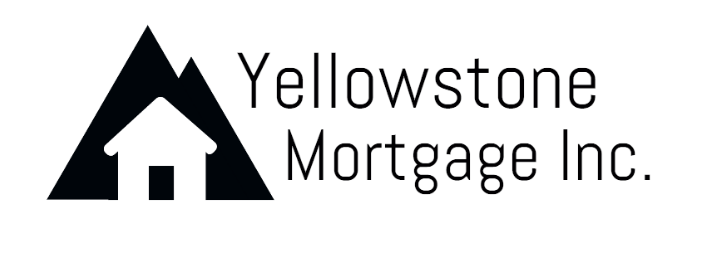We want you to be well informed and our promise is to be completely transparent.
Are you a first time buyer looking to take advantage of the different first time home buyer programs?
Want to know if refinancing will lower your monthly payments?
Concerned about bad credit? We have the answers!
You can also call us at 303-650-8800 for a free, no strings attached consultation. You will get a lot of answers in only five minutes.
FAQ's We Hear Often
What type of loan program is best for me?
The many different types of home loans available can seem overwhelming. Should you choose a fixed rate conventional or government loan? Choosing a loan type is an important decision that is best made after you have researched your options. Remember, taking the time to explore your options now can mean saving thousands of dollars in the long run.
What is the difference between FHA Loans and Conventional Home Loans?
The main difference between a FHA Loan and a Conventional Home Loan is that a FHA loan is government insured in the event of foreclosure, and the credit qualifying criteria for a borrower is not as strict. For instance, FHA rates for lower score borrowers are substantially better than conventional rates. Another example, FHA requires a shorter time period to age bankruptcies and foreclosures. Conventional financing interest rates rely more heavily upon credit scoring, a rating given by a credit bureau such as Experian, Trans-Union, and Equifax. If your score is below the minimum standard, you may not qualify, and if your credit is fair than interest rate will increase. FHA also charges mortgage insurance, regardless of your loan to value, where-as you can avoid mortgage insurance on a conventional loan with 20% or more down.
What can I do to improve my credit scores?
Credit scoring models are complex and often vary among creditors and for different types of credit. If one factor changes, your score may change -- but improvement generally depends on how that factor relates to other factors considered by the model. There are many things you can do to quickly improve your scores and you should feel free to call Dan for a consultation.
What does it mean to lock the interest rate?
Mortgage rates can change from the day you apply for a loan to the day you close the transaction. If interest rates rise sharply during the application process it can increase the borrower’s mortgage payment unexpectedly. Therefore, a lender can allow the borrower to "lock-in" the loan’s interest rate guaranteeing that rate and closing costs for a specified time period, often 30-60 days. When we take a loan application we will require the rate to be locked in unless the borrower has very specific reasons not to.
How is my credit judged by lenders?
Credit scoring is a system creditors use to help determine whether to give you credit. Information about you and your credit experiences, such as your bill-paying history, the number and type of accounts you have, late payments, collection actions, outstanding debt, and the age of your accounts, is collected from your credit application and your credit report. Using a statistical program, creditors compare this information to the credit performance of consumers with similar profiles. A credit scoring system awards points for each factor that helps predict who is most likely to repay a debt. A total number of points -- a credit score -- helps predict how creditworthy you are, that is, how likely it is that you will repay a loan and make the payments when due. Credit scores can range from a low of 450 to a high of 830. It is always a good idea to retrieve your free yearly credit report to make sure all information is current and correct. Higher scores will also get you better rates on other kinds of loans as well.
What documents do I need to round up for loan application process?
In general you will need:
W-2 statements from the last two years
Bank statements from the last two months
Current pay stubs from the past month
Driver's license
Last two years of taxes (if self-employed or commission based income)
Latest mortgage statement(s) (if refinancing)
Keep in mind, every situation is unique and you may be required to provide additional documentation.
What is an appraisal?
An Appraisal is an estimate of a property's fair market value. It's a document required by a lender before loan approval to ensure that the mortgage loan amount is in proper ratio to the property. The appraisal is performed by an "Appraiser" typically a state-licensed professional who is trained to render expert opinions concerning property values, its location, amenities, and physical conditions. The cost ranges from $685-$785 and usually takes about 3-4 weeks to complete (this is included in your closing costs). Remember, appraisals are always required on home loans.
What happens at closing ?
The property is officially transferred from the seller to you at "Closing" or "Funding".
At closing, the ownership of the property is officially transferred from the seller to you. This may involve you, the seller, real estate agents, title or escrow firm representatives, clerks, secretaries, and other staff. Closing can take anywhere from 30 minutes to one hour.

